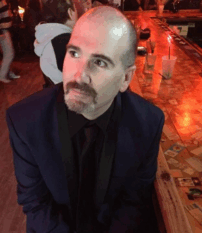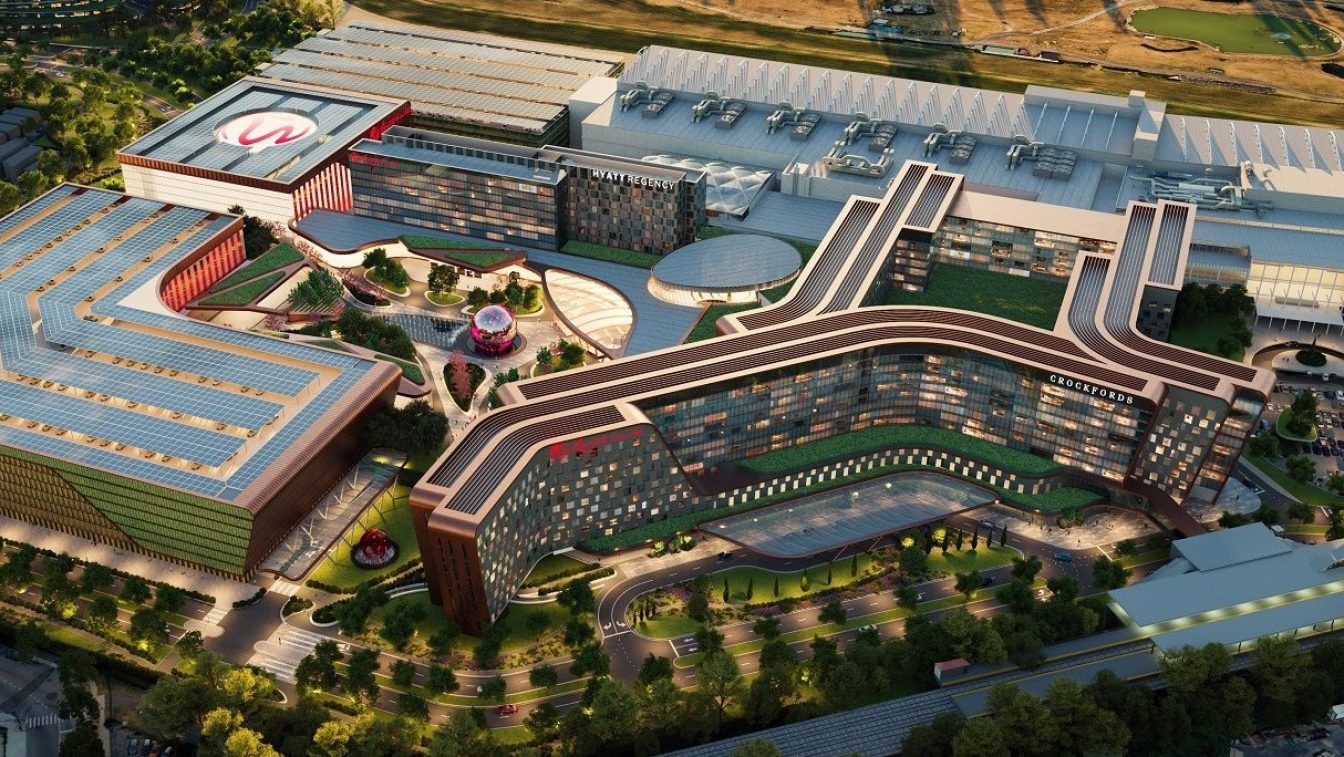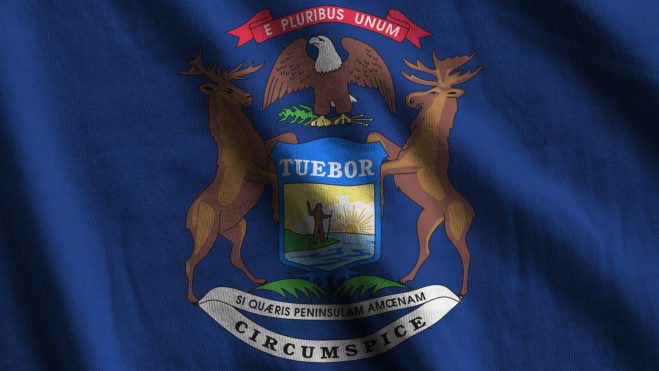Emotions Run High At Coney Island Public Hearing
Hearing gets loud as proponents and opponents speak about $3.4 billion casino proposal
3 min

Coney Island residents made their voices heard in emphatic fashion Tuesday during the first of two state-mandated public hearings regarding The Coney, a $3.4 billion casino proposal among the eight being considered for one of three downstate New York casino licenses.
By the end of the four-hour hearing, more opponents than proponents of the project being fronted by Thor Equities had spoken to the Community Advisory Committee (CAC) at the Coney Island YMCA. Some offered pointed comments for CAC Chairman and New York City Councilmember Justin Brannan as more than 90 people took time to present their thoughts in a sometimes-heated atmosphere.
The Coney is the only Brooklyn-based proposal among the eight submitted to the New York State Gaming Commission. It is considered a longshot to be awarded one of the three $500 million licenses. The second hearing has yet to be scheduled.
Facing a tough room
Thor Equities took roughly the first half-hour of the hearing to present a top-line summary of the presentation it made to the CAC on July 30. The presentation, which was interrupted at multiple points with shouting, detailed plans for a convention center, multiple restaurants, hotel, and entertainment venue in hopes of returning Coney Island back to a year-round travel destination reminiscent of its glorified national status in the mid-20th century.
The group, which also includes Saratoga Casino Holdings, Chickasaw Nation, and Legends Hospitality, repeated its pledge for a $200 million community trust fund and a separate $75 million toward police and emergency medical services in the form of a $15 million annual fund over a five-year span.
The Coney is projected to create 5,000 direct jobs, a key point for a neighborhood struggling with double-digit unemployment percentage. Project creators said Tuesday they would have a job portal open exclusive to Coney Island neighborhood residents for the first 90 days after being awarded a license.
“Twenty-five percent of this project is the casino and 75 percent of this project consists of a hotel convention center and all the things that we just discussed,” Thor Equities COO Melissa Gliatta said during the presentation. “Seventeen percent unemployment is what we’re facing today, and what we heard in the over 500 meetings that we did throughout the community was, ‘We don’t want jobs, we want careers. That’s what we want. We want out children to have careers.'”
Thor Executive Vice President Peter McEneaney addressed a chief area of concern for the project — increased traffic — by discussing a multimodal transportation system as well as the fact some traffic would be mitigated by a large percentage of the local workforce using mass transit.
Bringing the ruckus
Regardless of where residents come down on The Coney, it has clearly struck a nerve. The only other public hearing to have anywhere near the vitriol prior to Tuesday was the one held for Caesars Palace Times Square on Aug. 14.
The atmosphere at the Coney Island YMCA was also a stark contrast to the lovefest Resorts World enjoyed Aug. 20 at its first public hearing. The microphone was cut on more than one occasion when commenters went beyond their allotted two minutes, and a handful of residents sprinkled their comments with profanity when given their turn to speak.
A good portion of speakers in the early part of the public comment period, though, were in favor of the project via union presence and civic leadership.
“A Coney Island casino and entertainment district is a logical next step to keep our borough competitive, ensuring that Brooklyn remains at the forefront of tourism, hospitality, and entertainment,” said Dina Rabiner, senior vice president of innovation and strategy with the Brooklyn Chamber of Commerce. “Coney Island is already a destination with its amusement parks, beaches, concerts, and sporting events. This project builds on that foundation, strengthening Coney’s position as a world-class attraction.”
“The Coney project presents a crucial opportunity to address … challenges head-on with substantial private investment,” said lifelong resident and community advocate Joe Packard. “The projected billions of dollars in private funding will not only revitalize our infrastructure — including roads, bridges, subways and ferries, and a boardwalk — but also create a wealth of job opportunities and job training programs tailored for local residents.”
Opponents, though, eventually outnumbered those in favor of the project as the afternoon wore on, with many longing to retain the yesteryear charm of Coney Island and others fearful of logistical traffic nightmares with an overtaxed infrastructure.
“What you see as you walk down the boardwalk is pure magic,” said Jake Turner, who works at the Coney Island Circus Sideshow. “You see the smiles on faces of children that see their father or bigger brother as a hero getting them that big, giant stuffed animal. You see the face covered in chocolate from Williams Candy. You see tears of joy and maybe fear on the Wonder Wheel. But we’re going to lose it if you make the wrong decision. All of that magic is going to be gone.”
“The casino’s plans block off emergency vehicle access for a long stretch of Surf Avenue,” added resident Megan Lovato. “Who benefits from these changes? Not Coney Island residents. The casino will take over a large part of the boardwalk, requiring the removal of rides, cast shadows on rides that will remain, and will continue to sprawl, threatening existing small businesses. Who benefits from this? Not Coney Island residents, not small business, not visitors to Coney Island.”
Brannan gets an earful
Brannan, who earlier this year lost in the Democratic Party primary for New York City comptroller, was reminded by multiple speakers he had previously been an opponent of a casino in Brooklyn. Turner claimed Brannan’s campaign staff told him the councilmember was against the proposal.
Another singled him out for what she felt was going to be a predetermined outcome of sending the application forward. A third tweaked him by saying the casino “was not punk rock,” a reference to Brannan’s comptroller ad campaign that referenced his time as a guitarist for bands Indecision and Most Precious Blood.






